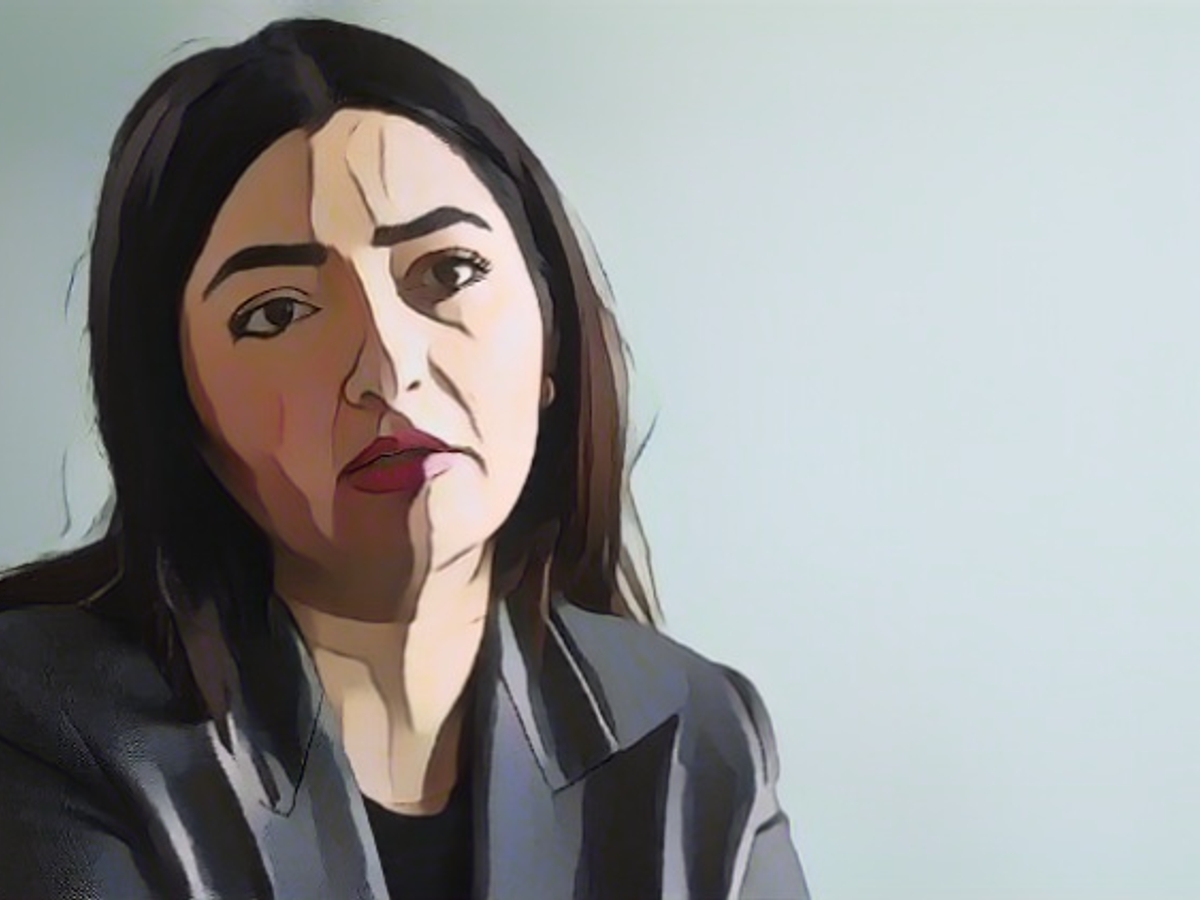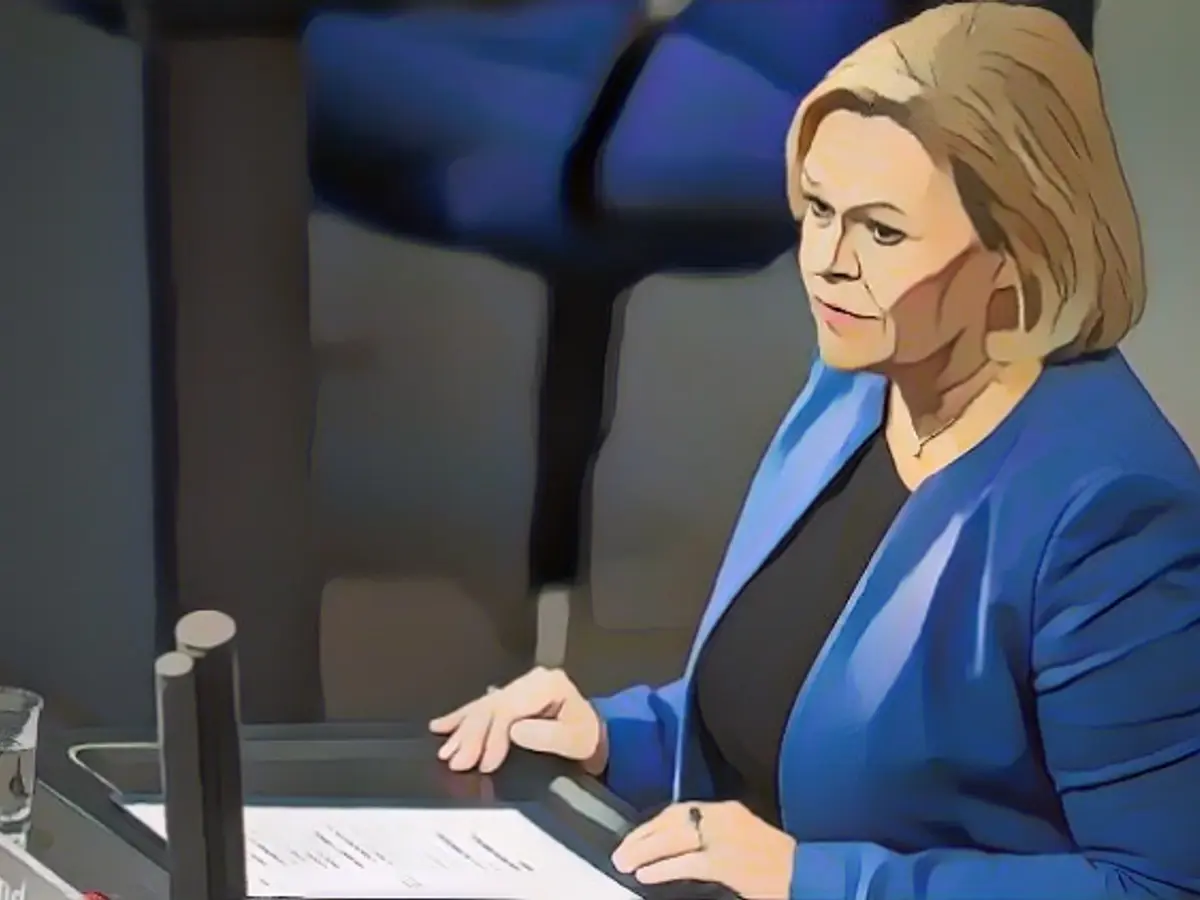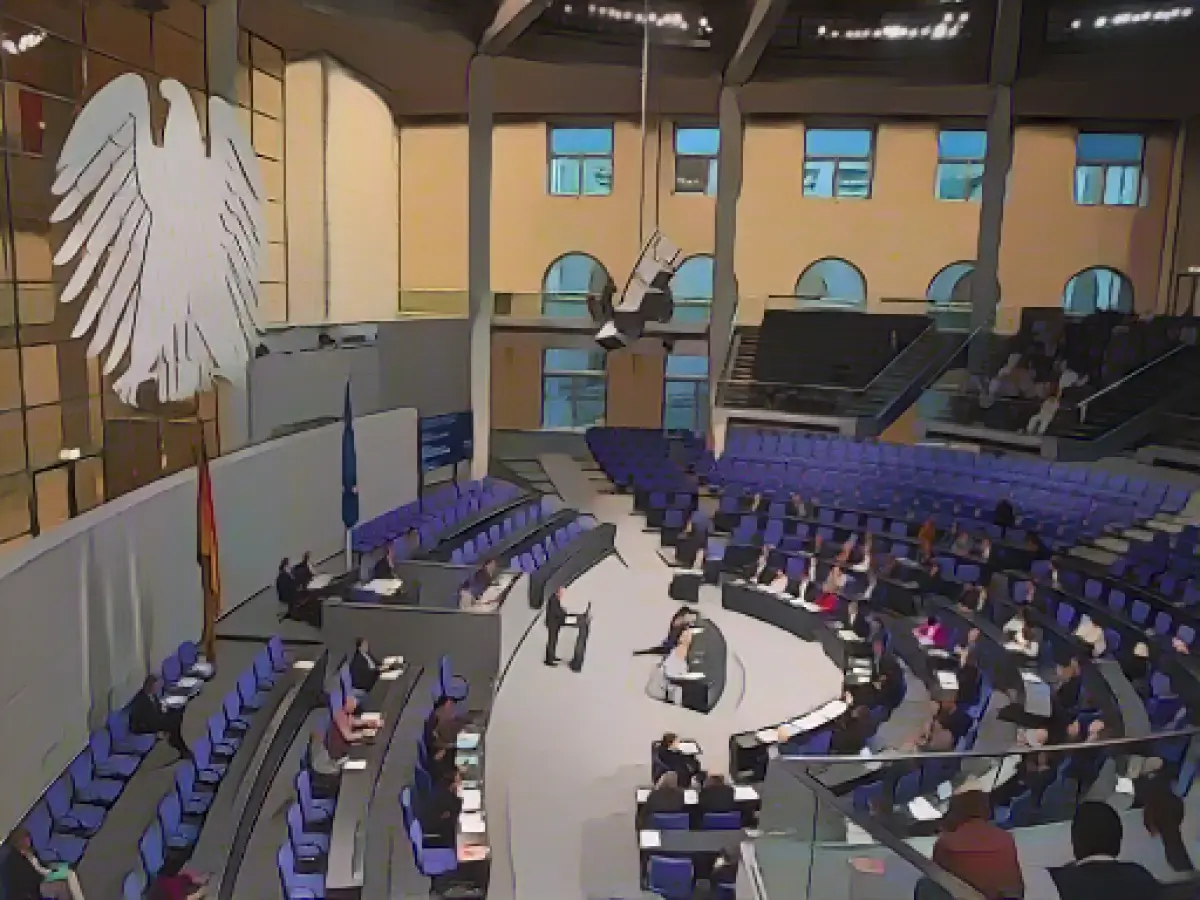Migrations Debate Creates Tension ahead of Federal-State Summit
As the federal-state summit on migration policy approaches, tensions are high. The Federal Government Commissioner for Integration, Reem Alabali-Radovan, has voiced concerns over the "overheated" debate, contending that it harms unity when migration becomes daily scapegoat for all country's problems.
Federal Chancellor Olaf Scholz will join state premiers to discuss measures reducing refugee influx, stricter border controls, and benefit restrictions for asylum seekers. Discussions will also include accelerated deportations of those required to leave Germany.
Alabali-Radovan urges agreement on sustainable, long-term solutions so local authorities can accommodate refugees and pacify the ongoing dispute. Stable structures for refugee intake and continuous integration efforts, rather than daily charged debates, will be more helpful in the long run, she argues.
Enhanced Deportations, Controls, and Benefits
Topics at the summit will include border control extensions, deportation speedups, and limitation of benefits for migrants. The proposed shift to payment cards for asylum seekers is among these measures, although details remain unclear.
Calls for reductions in benefits for those required to leave but unable to deport endure, as reiterated by the FDP parliamentary group leader, Christian Dürr. This would help prevent funds reaching smugglers or families abroad, as suggested by Mecklenburg-Western Pomerania’s Minister President, Manuela Schwesig.
Competing for Toughest Stance
The Minister President of North Rhine-Westphalia, Hendrik Wüst, advocates for a shared consensus that illegal migration to Germany must cease. Proposals include agreements with countries of origin to return rejected asylum seekers and expedited processes for applicants from countries with low recognition rates. Wüst also supports funding increases for refugee accommodations and care.
Green Party leader, Ricarda Lang, cautions against escalating policy competitions, urging instead a focus on benefits for local communities.
On the issue of tugboat gangs, the German authorities are crafting policies to hinder their involvement in illegal migration activities, by fortifying border controls and fostering cooperation with neighboring nations.
Sources:
Enrichment Data:
Key discussions at the federal-state summit focus on reduction of refugee and migrant inflows, with main points including:
- Border Control Extensions: Temporary border controls have effectively lowered asylum applications and unauthorized crossings, resulting in a 37% decrease in applications in January and a 25% drop in illegal crossings[1][2].
- Deportation Policies: Major parties advocate for more and quicker deportations to alleviate migration concerns. For instance, opposition leader Friedrich Merz suggests permanent border controls, immediate detention for those designated for deportation, expanding detention accommodation, and daily deportations[1][5].
- Integration Measures: Social Democrats and the Greens support the current social benefit system for asylum seekers, emphasizing their integration into the labor market and equal access to social housing and health insurance[3].
- Asylum Seeker Benefits: Conservatives (CDU/CSU) and right-wing parties propose benefit reductions for newly arrived refugees. Suggestions include lowering the basic allowance for Ukrainian refugees, terminating housing reimbursement, and limiting health insurance coverage to essential services[3].
Leading political figures maintain varying viewpoints on how to balance security, integration, and humanitarian needs in migration policy:
- Chancellor Olaf Scholz: Defends border control extension, arguing it has resulted in significant reductions in asylum applications and unauthorized crossings. He criticizes opposition's permanent border control proposals for being incompatible with both national and EU law[1].
- Interior Minister Nancy Faeser: Highlights the success of border control extensions and expedited returns of unauthorized migrants. She criticizes opposition populist proposals and emphasizes maintaining a compassionate migration policy approach[2].
- Friedrich Merz: Advances permanent border control and stricter policies to curb immigration, arguing that EU regulations are flawed, and Germany should prioritize national law[1].
- Right-wing Parties (AfD): Advocate for the cancellation of all financial assistance to Ukrainian refugees, reducing budget allocations for social benefits, and controlling migration rigorously[3].
These opposing viewpoints characterize the contentious nature of Germany’s migration policy discussions.






